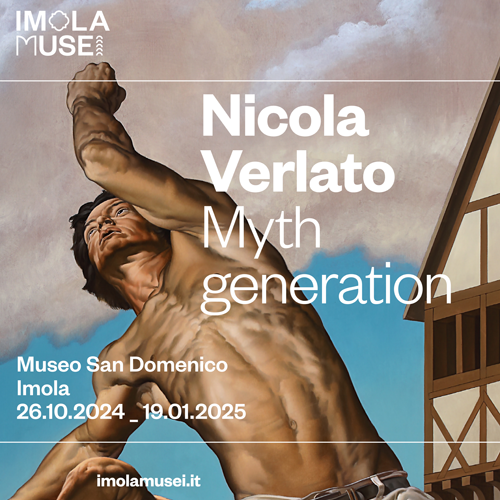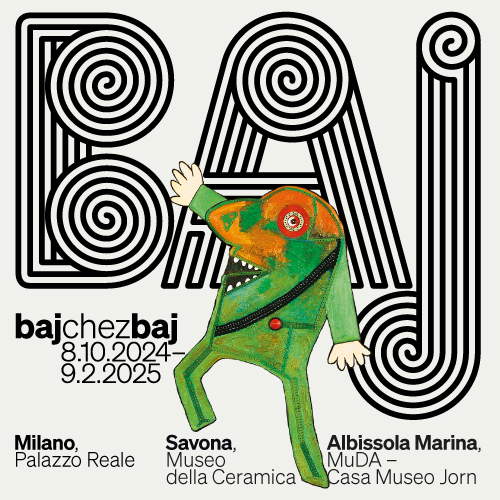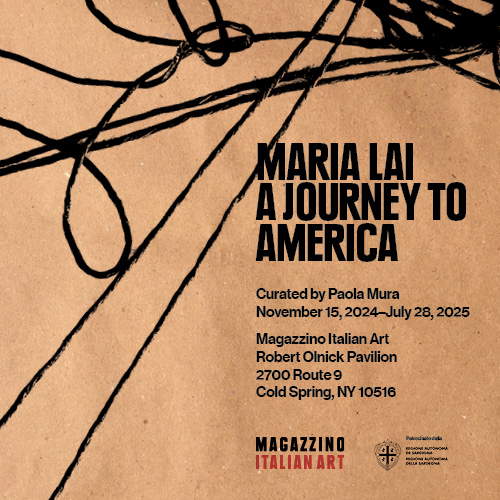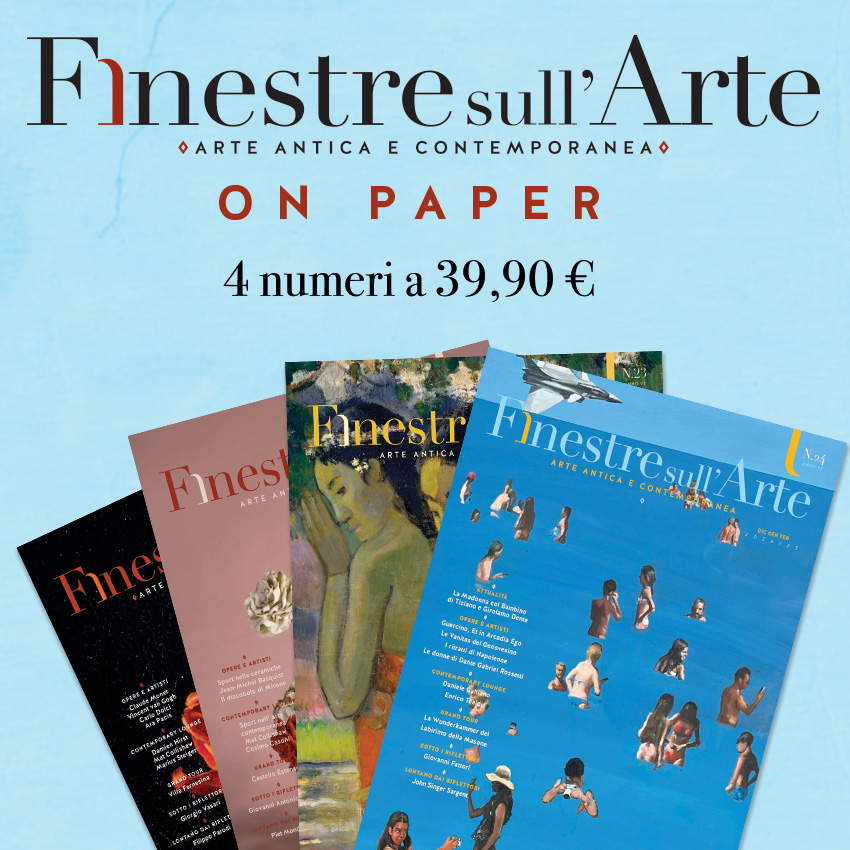USA, for the first time a work returned to its owners is replaced by a replica
A restitution to an African country that ... didn’t leave the starting museum empty. It happens in Norfolk, Virginia (U.S.), where the Chrysler Museum returned to Nigeria a carved basalt Bakor monolith, made between the 15th and 17th centuries, and was...rewarded with a faithful replica of the work, made by Factum Foundation, which specializes in very high-fidelity reproductions of works of art, and offered free of charge to the museum. On the subject of faithful reproductions, there was a lively debate in the last issue of our print magazine (in which Factum’s founder Adam Lowe also participated), and this unprecedented operation adds another dimension to both the subject of restitutions and the presence of reproductions in museum itineraries. Could this be a way to encourage restitutions, since the museums from which the works leave would not remain empty? We shall see. Meanwhile, Nigeria has received a work that belonged to it.
In fact, the Chrysler monolith was located in the village of Njemetop in Cross River State, southeastern Nigeria. It is one of about 300 Bakor monoliths-these are works carved from basalt and limestone that represent community leaders and ancestor figures. They were dated between the 16th and 17th centuries and are unique in the African context.
It was last photographed in 1961. Then, during or after the Biafra civil war (1967-1970), it was sold illegally or even stolen, probably traveling across the nearby border to Cameroon and later on the international antiquities market. In 2005 the work was bought at auction for 4,200 euros, then in 2012 it was bequeathed to the Chrysler Museum. Late last winter, the institution was informed of the monolith’s history following a visit by an outside expert on African art. The Chrysler Museum further investigated the provenance of the piece and contacted the National Committee for Museums and Monuments of Nigeria (NCMM) to initiate arrangements for the return of the Bakor monolith to the Nigerian government.
“It is the duty of all art institutions to preserve and care for works of art for the benefit of the public, and that includes thoughtful collection and return,” said Erik Neil, director of the Chrysler Museum of Art. “As soon as the Chrysler Museum was informed of the history of the Bakor monolith, we acted quickly to ensure that the piece was returned to the Nigerian government. Returning it to the Nigerian people is the final step in the process.”
“It is worth emulating this decision by the Chrysler Museum to return this timeless monolith,” added Uzoma Emenike, Nigeria’s ambassador to the U.S. “The return of this magnificent Stone, the Akwanshi Head, to its rightful home demonstrates adherence to obligation and responsibility. This event is a testament to the mutual recognition and understanding between the two nations.”
The Chrysler Museum of Art wanted to voluntarily repatriate this monolith. Thus, in recognition of this act, Factum Foundation produced an exact facsimile of the monolith, which will be installed in a permanent exhibit on looting and repatriation in the museum. For the Chrysler, the reproduction is also meant to be an educational tool to talk precisely about restitution. Moreover, this is the first time that an original Bakor monolith has been returned to Nigeria. It is also the first time a museum has accepted a facsimile to replace an original in case of repatriation.
Factum Foundation, generously supported by the Carène Foundation, has been working with NCMM since 2016 to document the monoliths on site and in international collections and is currently preparing a submission of the sites to UNESCO for World Heritage status. In the spring of 2023, an exhibition on The Bakor Monoliths: Endangered Heritage project was held at the British Museum.
Commenting on the project, Professor Abba Tijani, director-general of the National Commission for Museums and Monuments, Nigeria, said, “In the spirit of the ongoing repatriation of cultural artifacts to Nigeria, particularly the Benin bronzes, the return of this ancestral carved stone from the Chrysler Museum is a positive and commendable development. This action, as well as the roles played by the Factum Foundation and the Carène Foundation, will contribute immensely to support the preservation and protection of cultural heritage with the participation of host communities.”
“We hope that the Chrysler Museum,” says Ferdinand Saumarez Smith, director of projects in Africa for Factum Foundation, “will be the first of many museums to explore this solution to the restitution debate. Factum Foundation welcomes the opportunity to work with any museum or private collection that wishes to return cultural artifacts to their rightful owners.”
Pictured: left is the original, right is Factum’s reproduction.
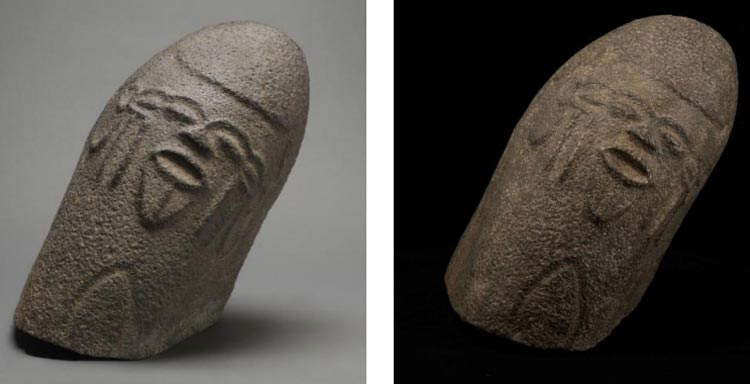 |
| USA, for the first time a work returned to its owners is replaced by a replica |
Warning: the translation into English of the original Italian article was created using automatic tools. We undertake to review all articles, but we do not guarantee the total absence of inaccuracies in the translation due to the program. You can find the original by clicking on the ITA button. If you find any mistake,please contact us.





